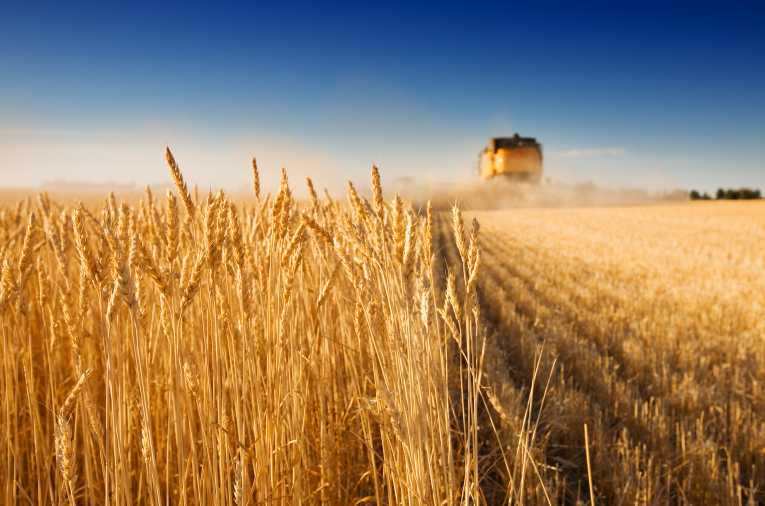Environmentalists everywhere will welcome the news that the United Nations is backing more ecological agriculture; not just for its green benefits but in order to produce an estimated doubling of yields in areas affected by food shortages.
UN Special Rapporteur on the right to food Olivier De Schutter has written the report and says the need to reform agriculture as population explodes is becoming urgent, but, his preferred method isn't to throw agrichemicals at the problem but rather to aim for small-scale ecologically friendly methods.
De Schutter's conclusions are based on a review of the most up to date scientific research.
He said: ''To feed 9 billion people in 2050, we urgently need to adopt the most efficient farming techniques available.''
''Today's scientific evidence demonstrates that agroecological methods outperform the use of chemical fertilizers in boosting food production where the hungry live - especially in unfavourable environments.''
By working with nature to boost soil productivity and fight pests, Agroecology can help people in the poorest regions put an end to the food crises they suffer and start to address the effects of climate-change.
And, this isn't some pie-in-the-sky green dream as De Schutter reports: ''To date, agroecological projects have shown an average crop yield increase of 80% in 57 developing countries, with an average increase of 116% for all African projects.''
''Recent projects conducted in 20 African countries demonstrated a doubling of crop yields over a period of three to 10 years.''
Crucially for people who live so close to the margins of survival, it's also cheap and doesn't impact further on climate change.
The evidence is there according to the report, which highlights several developing countries where switching to greener farming methods has improved yields while saving saved cash on chemicals.
These include Malawi, which switched from a government-backed chemicals programme and saw a doubling and tripling of maize yields. Indonesia, Vietnam and Bangladesh have seen projects where farmers have cut insecticide use by up to 92%.
Now, says Schutter, it's time for governments to invest in this new way forward.
''Agroecology is a knowledge-intensive approach. It requires public policies supporting agricultural research and participative extension services,'' he said.
''States and donors have a key role to play here. Private companies will not invest time and money in practices that cannot be rewarded by patents and which don't open markets for chemical products or improved seeds.''
It's also time to look to smaller producers according to the report and its conclusions will be music to the ears of environmentalists around the world.
De Schutter said: ''We won't solve hunger and stop climate change with industrial farming on large plantations. The solution lies in supporting small-scale farmers' knowledge and experimentation, and in raising incomes of smallholders so as to contribute to rural development.''
''If key stakeholders support the measures identified in the report, we can see a doubling of food production within five to 10 years in some regions where the hungry live.''
We need to go fast if we want to avoid repeated food and climate disasters in the 21st Century.










